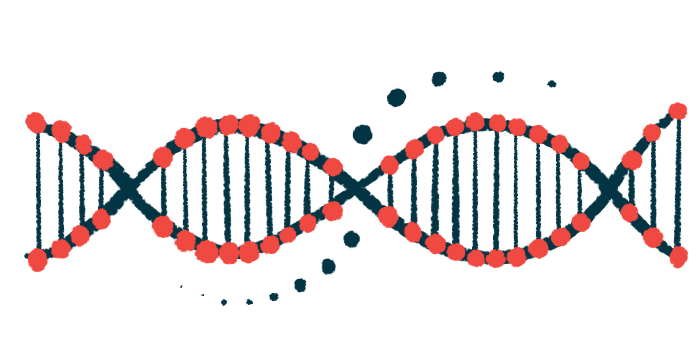Fabry gene therapy EXG110 granted FDA’s orphan drug status
1st participant dosed in study in China; US trial being planned
Written by |

The U.S. Food and Drug Administration (FDA) has granted orphan drug designation to EXG110, an experimental gene therapy for Fabry disease that’s being developed by Exegenesis Bio and is currently in clinical testing.
“The FDA’s decision to grant orphan drug designation to EXG110 highlights the need for better approaches to treat Fabry disease, a debilitating condition that affects thousands of people worldwide,” Zhenhua Wu, PhD, Exegenesis’ CEO, said in a company press release.
The FDA’s orphan drug status gives economic incentives to companies that are investing in the development of new treatments for rare diseases — specifically conditions that affect fewer than 200,000 people in the U.S. — which by definition have a small market size that can make it difficult to recoup investment and turn a profit. Most notably, treatments given this designation are guaranteed seven years of market exclusivity if they are ultimately approved by the FDA.
“We believe this is validation of our rigorous science, our innovation culture and our strong commitment to rare disease patients,” Wu said. “This is another milestone in our journey to become a truly global gene therapy company.”
Fabry disease is caused by mutations in the GLA gene, which provides instructions to make an enzyme called alpha-galactosidase A (alpha-Gal A). This enzyme is normally needed to break down certain fatty molecules. In Fabry disease, lack of functional alpha-Gal A enzyme results in an abnormal buildup of fatty molecules in cells, ultimately causing damage to organs that drives disease symptoms.
EXG110 designed to deliver copy of GLA gene to cells in liver, heart
EXG110 is a one-time gene therapy designed to deliver a working copy of the GLA gene to cells in the liver and heart, allowing production of functional alpha-Gal A enzyme to clear out toxic fatty molecule buildups. The heart is often directly affected by Fabry disease, while the liver is well-suited to serve as a manufacturing hub to produce the enzyme and ship it to other organs in the body.
To deliver its genetic payload, EXG110 uses a modified version of a virus, called adeno-associated virus (AAV), that’s been engineered to deliver the therapeutic gene instead of causing a problematic infection. AAV is commonly used as a vector for gene therapies because it’s easy to manipulate in a laboratory and the virus itself doesn’t usually cause disease in people.
Exegenesis is currently running a clinical trial testing EXG110 in Fabry disease patients in China. That study has already dosed its first participant. The company said it is also planning to start a trial of EXG110 in the U.S., but didn’t provide further details on the expected start date.
In addition to Fabry disease, Exegenesis is also developing gene therapies for other diseases including the eye condition wet age-related macular degeneration and the neuromuscular disorder spinal muscular atrophy.
“I would like to congratulate our global team for accelerating progress on all of our pipeline programs and platform technologies. … Our team is operating with a sense of urgency to bring these much-needed treatments to patients worldwide,” Wu said.





